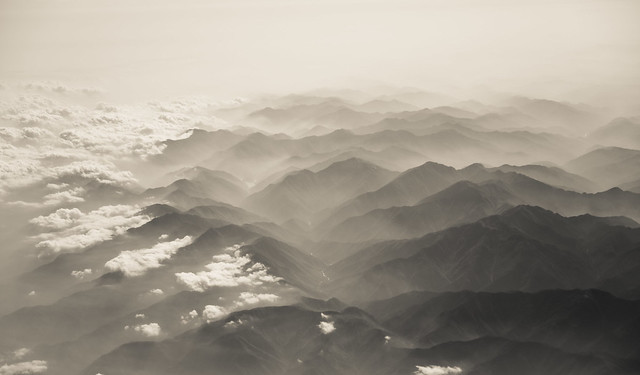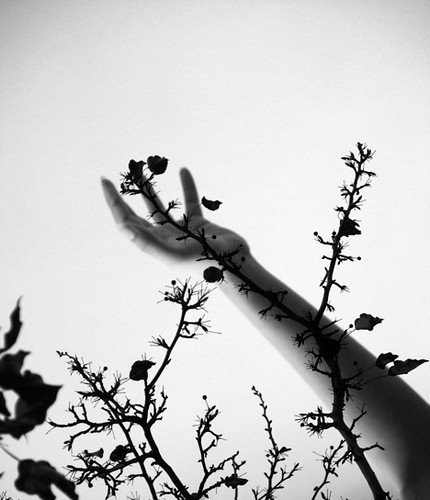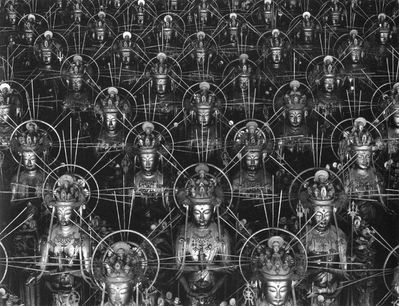 The mountains are walking…
The mountains are walking…
Talk by Michael Stone, notes by Elaine Jackson. This is talk 1 of 6 on Dogen’s 12th century Japanese text Mountain and River Sutra in Feb/March/April 2012. Centre of Gravity, 180 Sudbury Street, Toronto. www.centreofgravity.org
Dogen chose to move to the outskirts of Kyoto and advised his students: “Don’t live near the capitol, or rich and powerful people. Devote yourself to teaching even if you only have one student.” He wrote his best and most elegant poetry during this period.
The Mountain and River Sutra was derived from an earlier poem (Dogen was deeply steeped in Buddhist literature by the age of ten).
The sound of the stream
Buddha’s long, broad tongue
and the form of the mountains
his pure body
10,000 verses through the night
In the morning how will I explain this
to others?
Side note: Stanford University’s Soto Research Project is translating the work of Dogen online. If you want to look at this new (very good) translation just type in Dogen and then Shobogenzo.
The word sutra is where our modern word suture is derived from. The lines of the Mountain and River Sutra are sutured together so you can chant them.
Mountains are sutras. Rivers are sutras. Mountains and rivers are also a teaching about time. About right now. We have, in this moment, rivers running through us (physiologically—veins and arteries; energetically in the72 000 nadis). We contain the mountain as well. In the yantra we form when sitting. (yantra from the Sanskrit word yam meaning to control/subdue, and tra, an indo-euro suffix meaning instrument (mantra plus yantra equals tantra). In the minerals and elements of our bones and tissues. We cannot be separate from the mountains and rivers.

As long as we are alive we are time. We are alive at this moment. This reiterates a common theme: dharma position. You can only be in a moment in time. Seeing the world in this way can loosen our rigidity about our ideas, and people, and our ideas about people…if we can learn to see them from the perspective of “just this moment” instead of the way we usually view them (as someone who is always late, or always inconsiderate, or never there when I need them).
Usually our experience of self comes to us through the mask of a continuum of time. We imagine ourselves as having a beginning…and we also experience ourselves through a multitude of external structures (language, roles, cultural expectations).
Dogen demands that we stretch our imaginations. He asks us to see that mountains walk.
Dogen asks us to see the paradox of our existence. Things we think are solid are moving and yet also stationary. Things we perceive as moving (like time) are not necessarily moving.
When we practice our emotions may appear solid to us. But when we stay with them, if we can stay with them, we see that they are walking.
Our homework for the week is to pause a few times per day, and ask if the object of our thoughts is walking.
